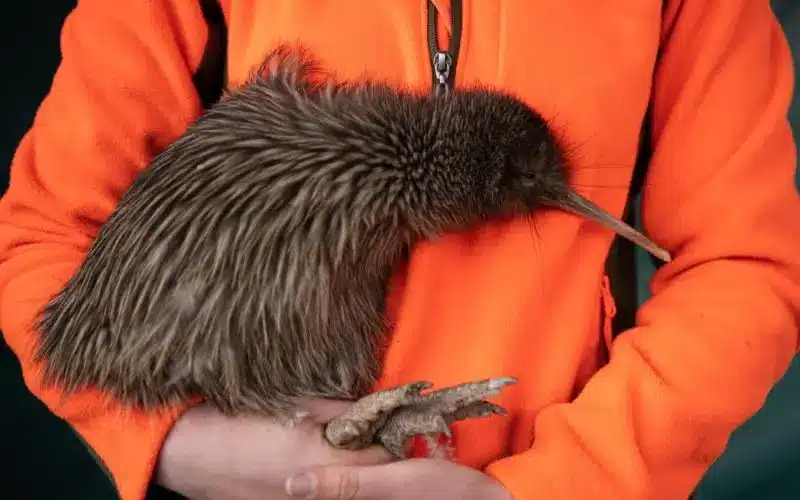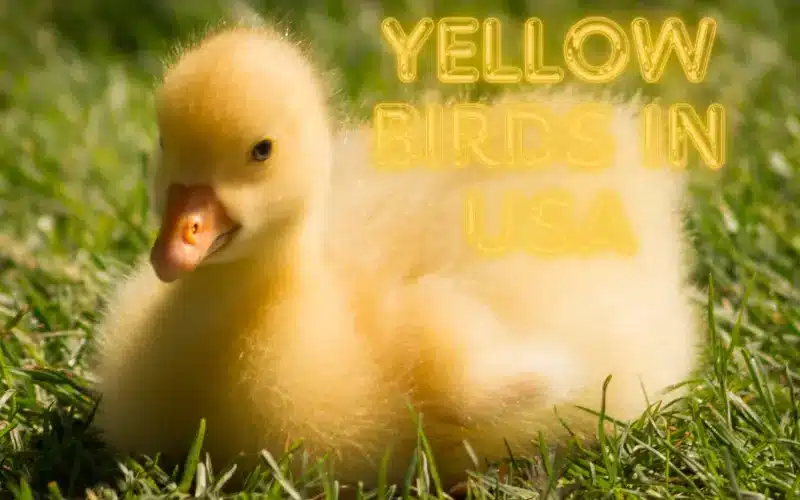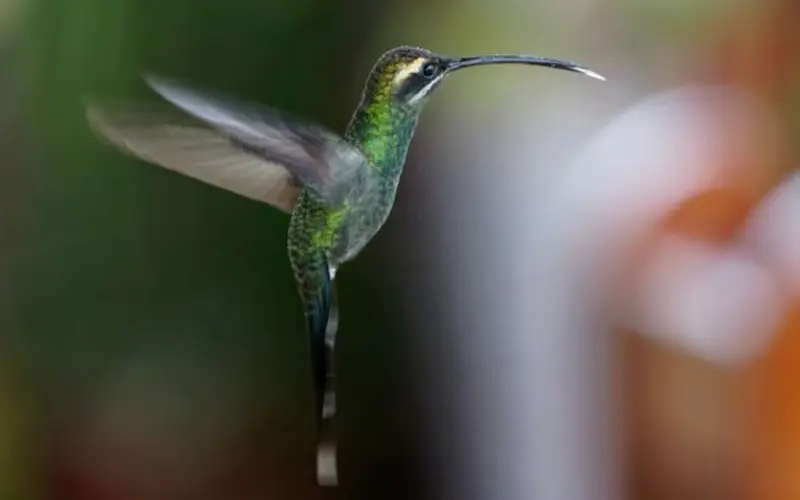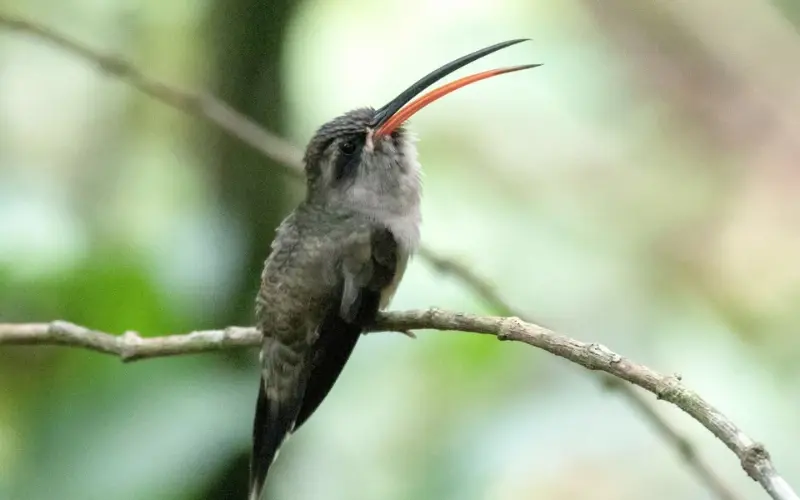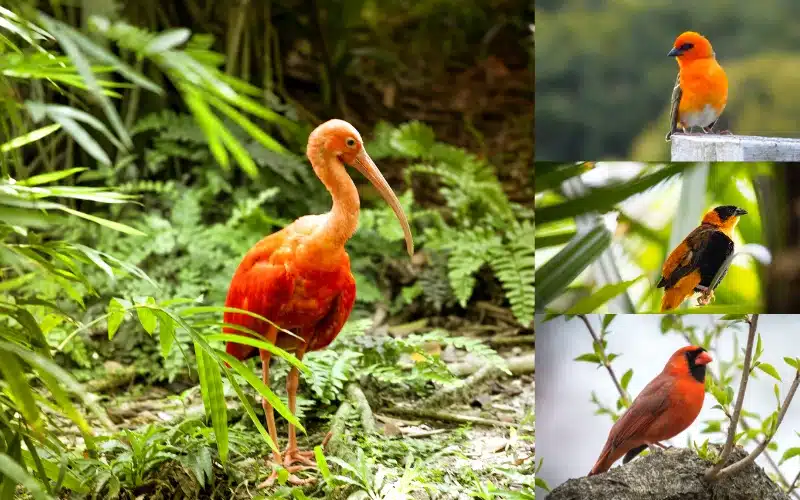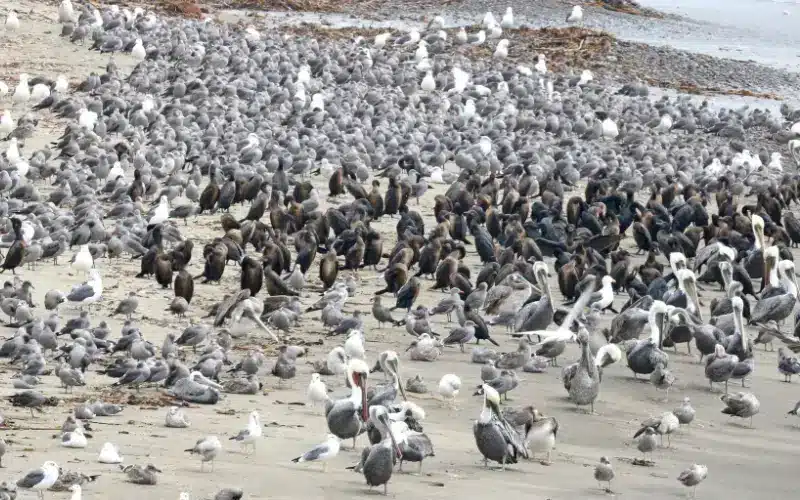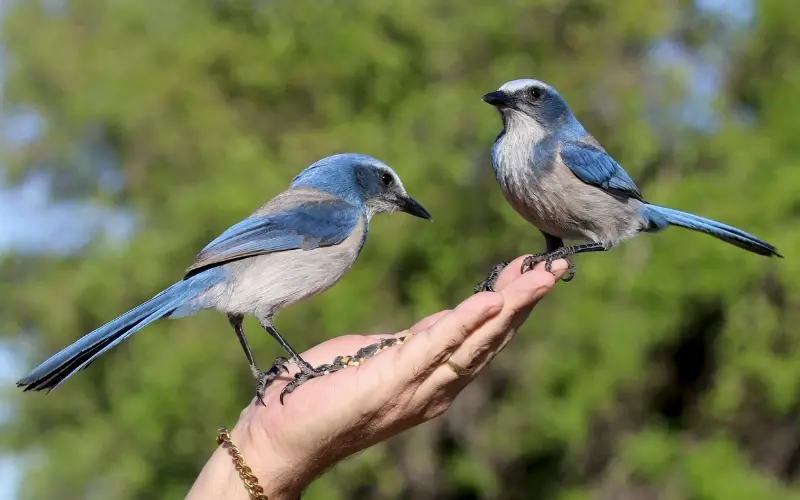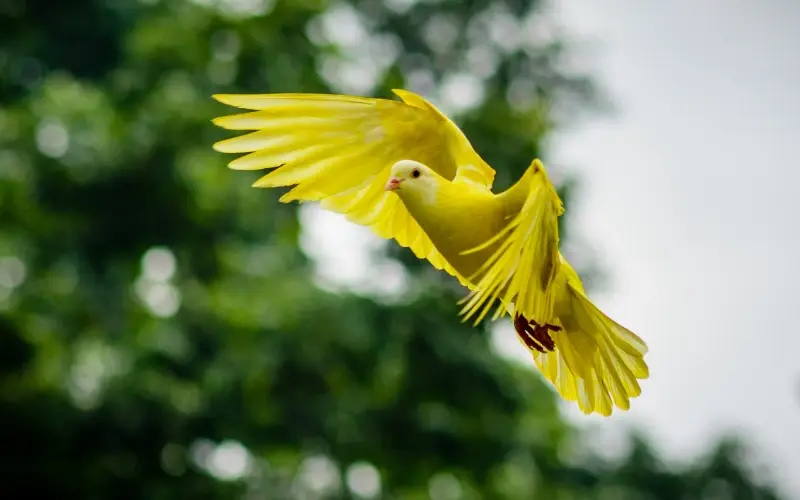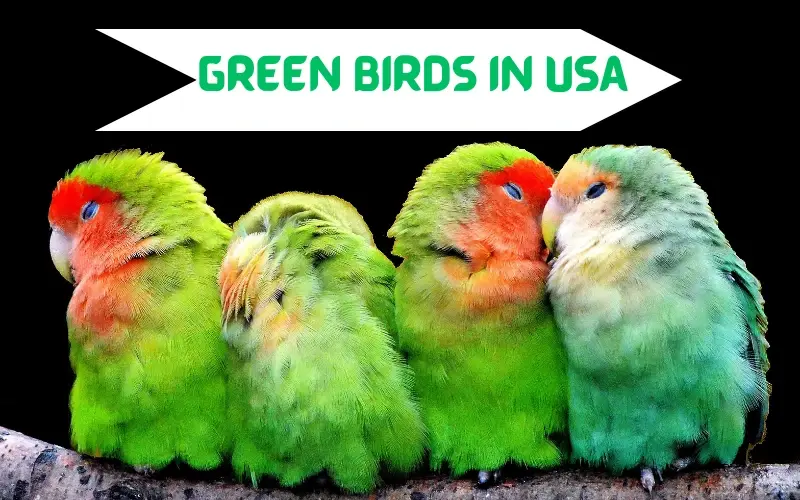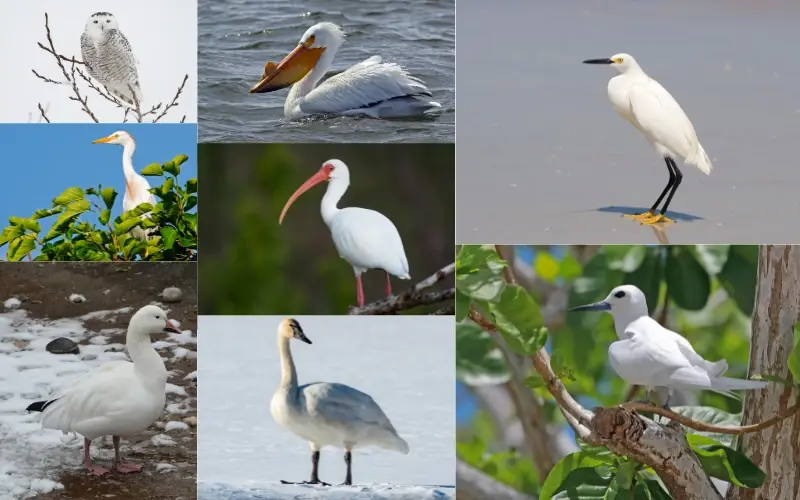Why can’t the kiwi bird fly? The answer may seem as simple as our national icon’s tiny, almost non-existent wings – yet scientists say the real reason likely lies in its molecular roots.
An international team of researchers compared the DNA of flightless birds – a group that also includes the African ostrich, the Australian emu, and the extinct moa.
Their research, published today in the journal Science, shows that their loss of flight is not so much caused by changes in genes, but rather by changes in regions that are controlled by genes. does. Controlled work.
These were genetic regions that did not code for proteins but rather controlled the level of their production.
Interestingly, these regulatory elements were closely related to the same developmental pathways that allowed the development of the flight-like wing.
“This work tells us more about the origins of moa and kiwi,” explained Dr Paul Gardner of the University of Otago, who co-authored the study with former student Dr Nicole Wheeler.
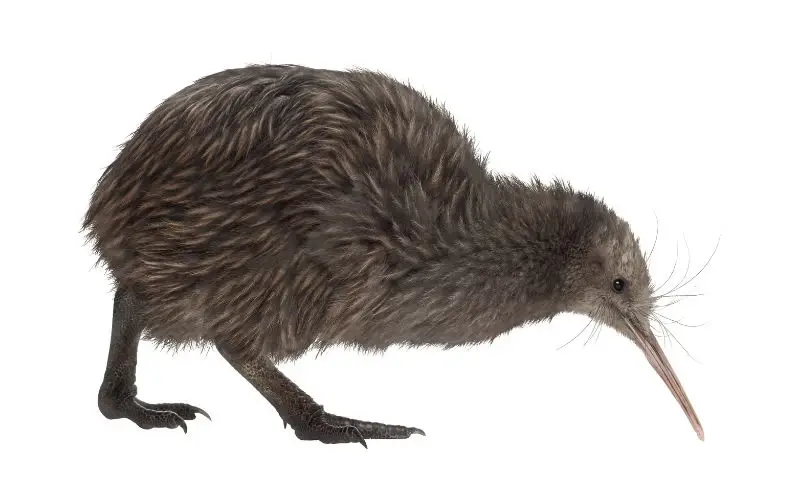
“This supports the hypothesis that the ancestral more flew from here, while the ancestral kiwi, which is related to the emu, may have moved to, or indeed flown to, ancient Gondwanan continents, such as Australia or Madagascar.”
Why can’t the kiwi bird fly?
In contrast to previous work, which emphasized changes in protein-coding DNA as flightless, the new study more strongly links the loss of flight to regulatory evolution in “noncoding” DNA.
The study, led by Harvard University researchers, carried out genetic analyses of kiwi blood samples with permission from Ngai Tahu and Te Ati Awa iwi, as well as moa and kiwi samples collected by the late Professor Alan Baker. too.
“Because of this collaboration, we now have a better idea that the places in the genome that we focus on—the protein-coding genes—may not be the ultimate source of species diversity and change,” Gardner said. Gardner said. Gardner said.
Another University of Otago researcher who was not part of the study, Dr Nick Rawlins, said evolution and the loss of flight in ratites had long fascinated scientists.


